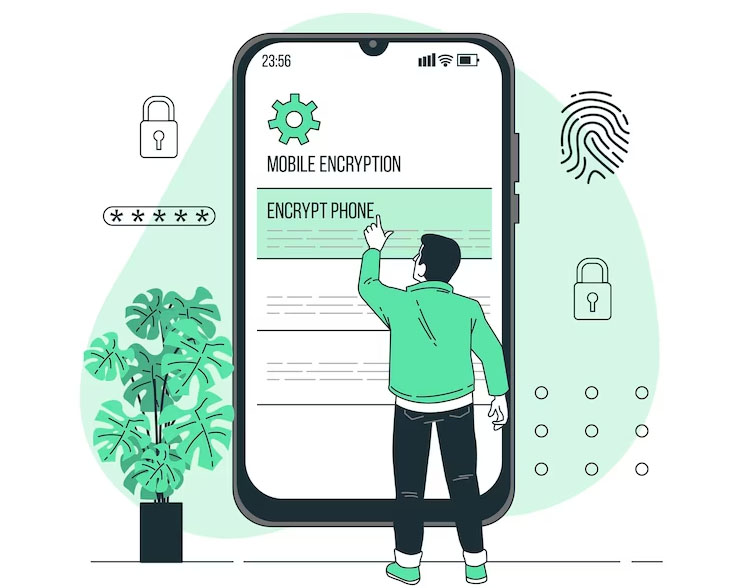Mobile Forensics
The Science of Breaking Codes




Mobile Forensics: Overview
Mobile devices have become an integral part of our daily lives. With more and more people relying on mobile devices for communication, data storage, and business transactions, it is essential to possess the skills and knowledge necessary to investigate these devices effectively. Mobile forensics focus on acquisition, analysis, and interpretation of digital evidence from mobile devices such as smartphones, tablets, and GPS units. Mobile forensics is used to investigate various crimes, including fraud, cyberbullying, terrorism, and child exploitation.
The process of mobile forensics involves the use of specialized tools and techniques to extract data from mobile devices, including deleted files, call logs, text messages, emails, and social media activity. Investigators use Mobile forensic analysis techniques to interpret and analyse the data extracted from mobile devices, which can provide valuable insights into a suspect’s activities, movements, and communications. Also mobile forensics is essential for investigating cybercrime, such as hacking, phishing, and other forms of online fraud. By analyzing mobile device data, investigators can identify the source of an attack, trace the perpetrator’s actions, and gather evidence that can be used in criminal proceedings.
Mobile Forensics Challenges:
Our Mobile Forensics Partners
Contact us today to learn more about our products and services.
We are headquartered in Gurugram & Regional Offices in Mumbai, Delhi, Bangalore – India.

















